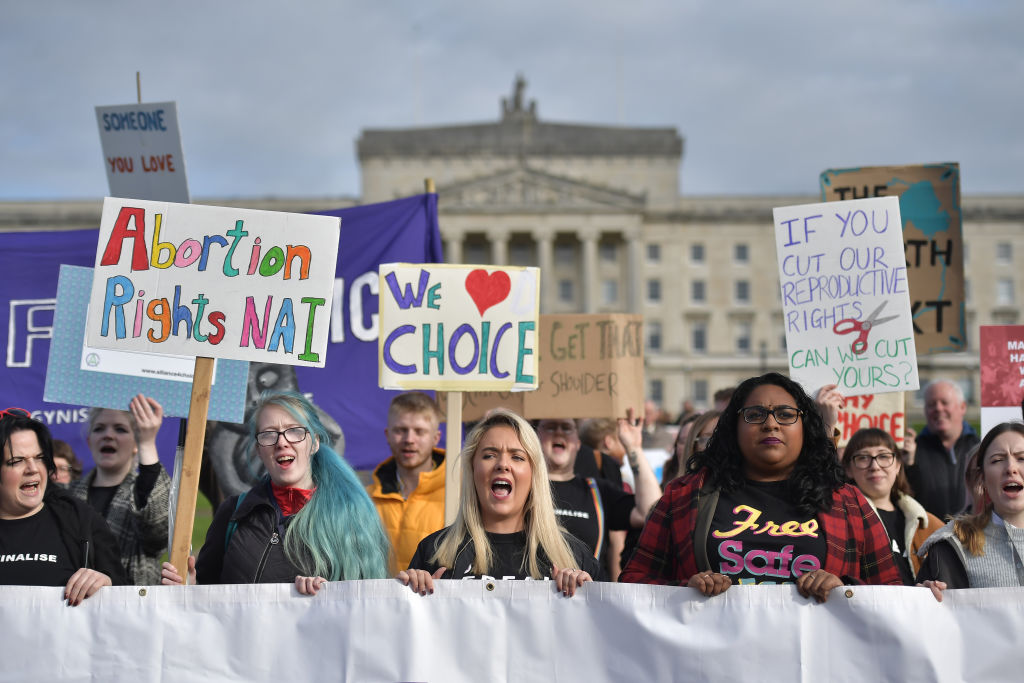In the nearly two years since the U.S. Supreme Court overturned Roe v Wade, the introduction of state laws and policies further restricting access to abortion care has made the legal and healthcare landscape even more challenging.
In an analysis published Wednesday in BMJ, Senior Associate Dean Terry McGovern, Adjunct Professor and PhD student Ira Memaj, Project Director Clarisa Bencomo and colleagues discuss strategies used successfully in other countries to restore and protect access to abortion and how similar tactics could possibly be applied in the U.S.
When abortion was effectively banned in Ireland in 1983, the authors write, a wave of activism laid the groundwork for the Abortion Rights Campaign, which focused on normalizing abortion discourse, destigmatizing abortions, and applying pressure to the Irish government by framing abortion as a human right. Through these tactics and over time, the campaign was able to shift the public consciousness to support a referendum on legalizing abortion. In the vote in May 2018, 66.4% supported ending the country’s ban on abortion. The Health Act of 2018, allowing for the provision of free abortion services, was signed into law that December.
The authors also used the recent example of Colombia, which in 2022 legalized abortion up to 24 weeks, ending one of the oldest total abortion bans in the region. Women’s Link, a collaboration among lawyers, public health officials, healthcare providers, feminist groups, and people affected by abortion restrictions, used strategic litigation and advocacy which led to the 2006 Colombian Constitutional Court ruling that legalized abortions under special circumstances. In 2018, the Causa Justa, a coalition of 120 organizations and activists, used education and political pressure to demonstrate how criminalizing abortion is disproportionate, ineffective, and violates equality and freedom of conscience.
Strategic litigation on its own may not always work in the U.S., the authors note, but with the strong presence of broad activist and legal coalitions working for universal access to healthcare, changes to the judicial climate of states are possible.
Lastly, the authors say, framing abortion as a public health issue may also prove effective, according to a 2018 study of Colombia, Ethiopia, Ghana, Portugal, South Africa, and Uruguay. In these countries, by including abortion as one component in a comprehensive reproductive health package, political will to establish or expand access to safe abortion services emerged.
“Although a regressive political climate may lead to despair, globally we see a trend towards accepting the evidence that criminalizing abortion does not reduce abortion; it only harms pregnant people,” the authors write. “[…] experience shows that even referendum campaigns or strategic litigation efforts that initially fail can result in a stronger, more unified movement in support of abortion rights.”
Read the full analysis here.




